EDITORIAL
Published on 29 Jul 2022
Editorial: Unraveling vulnerability factors in addiction drug use and potential treatments
doi 10.3389/fnins.2022.958492
- 1,615 views
19k
Total downloads
106k
Total views and downloads
Select the journal/section where you want your idea to be submitted:
EDITORIAL
Published on 29 Jul 2022
ORIGINAL RESEARCH
Published on 17 Mar 2022

PERSPECTIVE
Published on 14 Mar 2022
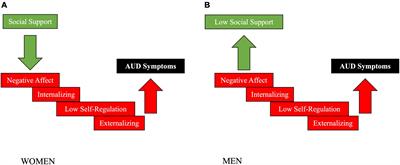
ORIGINAL RESEARCH
Published on 11 Mar 2022

REVIEW
Published on 10 Mar 2022
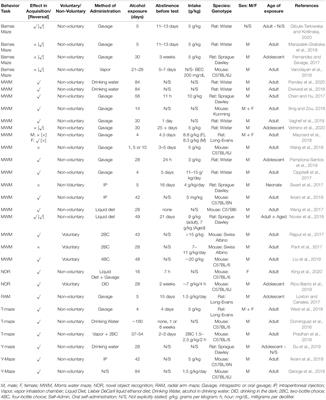
ORIGINAL RESEARCH
Published on 10 Feb 2022
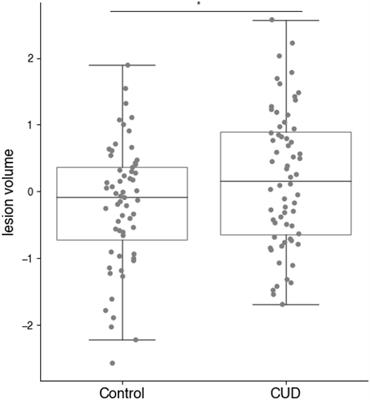
ORIGINAL RESEARCH
Published on 07 Feb 2022
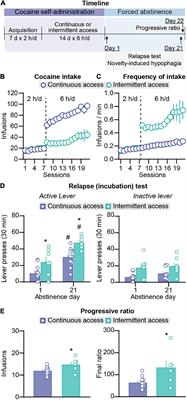
ORIGINAL RESEARCH
Published on 03 Feb 2022

ORIGINAL RESEARCH
Published on 13 Jan 2022
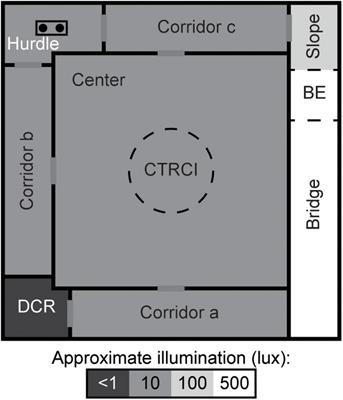
REVIEW
Published on 12 Jan 2022

ORIGINAL RESEARCH
Published on 11 Jan 2022
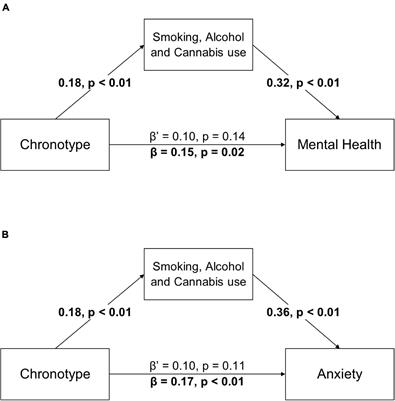
MINI REVIEW
Published on 22 Dec 2021


Frontiers in Pharmacology